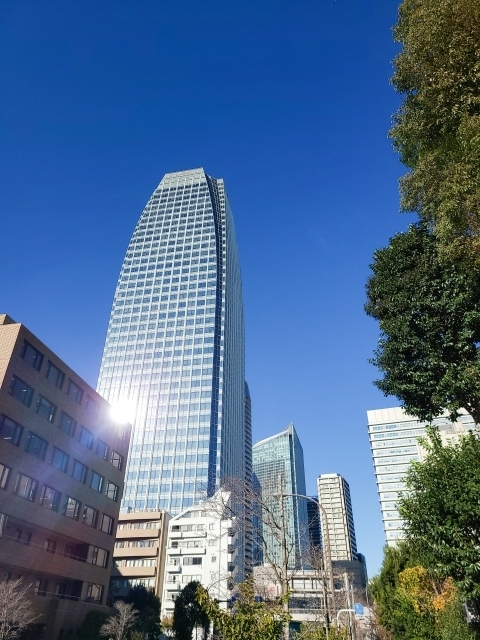International Family Law (Divorce, Prenuptial Agreement, and Adoption), Inheritance(Succession, Will and Trust, and Hague Child Abduction Cases in Tokyo, Japan

International Family Law
and Inheritance in Tokyo, Japan
Legal Profession Corporation CastGlobalToikyo Office 34F Atago Green Hills MORI Tower2-5-1 Atago, Minato-ku,
Tokyo、105-6234, Japan
Office Hours 9:30~17:30
on weekdays
Makiko Mizuuchi(Ms), Attorney-at Law, admitted to practice in
Japan and California, U.S.A. is in charge.
03-5405-7850
Parental Authority and Parent-Child Contact
Parental Authority

In Japan, child custody (parental authority) has traditionally been held by only one parent after a divorce. However, a 2024 revision of the Civil Code (to take effect by 2026) will allow divorced parents to choose joint parental authority (joint custody) or sole parental authority by agreement.
If the parents cannot reach an agreement, the Family Court will decide the custody arrangements in the best interests of the child, and in cases involving domestic violence or abuse, sole parental authority may be ordered in favor of the safer parent. This is a major change from the previous sole-custody system and will enable both parents to remain legal guardians post-divorce in appropriate cases.
Parental authority includes various parental rights. Article 820 of the Civil Code provides that “a person who exercises parental authority holds the right, and bears the duty, to care for and educate the child.”
Parent-child contact

Under Japanese law, visitation (now referred to as‘parent-child contact’ in the Civil Code) is generally encouraged as long as it serves the child’s welfare.
Courts will typically arrange for the child to spend time with the non-custodial parent on a regular basis, except in cases where contact would be detrimental (for example, in proven domestic violence situations).
The revised Code also permits relatives oher than parents to seek contact in special circumstances when it is truly necessary for the child’s interests(Revised Civil Code 766-2).
※Please Note:The nationality or gender of a parent is not a deciding factor in determinations on parental authority. Family Courts make decisions on te parental authority based on the child’s best interests, evaluating each parent’s ability to care for the child, the child’s attachment and living situation, and other relevant factors – without legal preference for one parent’s gender or nationality.
In practice, a foreign parent can be (and often has been) awarded parental authority or custody in Japan if that outcome best serves the child.
The upcoming implementaion of the joint parental authority may further help foreign parents maintain legal ties with their children after divorce, addressing past international concerns about Japan’s sole parental authority rule
Please click the button below to view more detailed information on divorce
Contact information

Please contact via e-mail.
03-5405-7850
Office hours 9:30~17:30 on weekdays
Contact us
Strategies for
International Divorce
More information
Representation in
Hague Convention
Cases
More information
Contact information

34F Atago Green Hills MORI Tower 2-5-1 Atago, Minato-ku, Tokyo 105-6234, Japan
Tel 81+(0)3-5405-7850




